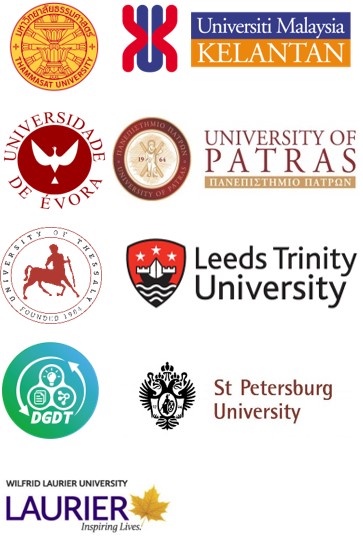 Keynote
Speakers & Invited Speaker
Keynote
Speakers & Invited Speaker
Keynote Speaker I

Prof. Qing Li (IEEE Fellow)
The Hong Kong Polytechnic University, Hong Kong, China
Qing Li received the B.Eng. degree in computer science
from the Hunan University (Changsha), China, and the
M.Sc. and Ph.D. degrees in computer science from the
University of Southern California (Los Angeles), USA. He
is a Chair Professor and the Head of Department of
Computing, the Hong Kong Polytechnic University. His
current research interests include multimodal data
mining and management, conceptual data modeling, social
media computing, Web services, and e-learning systems.
He has authored/co-authored over 480 publications in the
above areas. Prof. Li is also actively involved in the
research community and has served as an associate editor
of several technical journals, including IEEE
Transactions on Artificial Intelligence, IEEE
Transactions on Cognitive and Developmental Systems
(TCDS), IEEE Transactions on Knowledge and Data
Engineering (TKDE), the ACM Transactions on Internet
Technology (TOIT), Data Science and Engineering, and
World Wide Web, in addition to being a Conference and
Program Chair/Co-Chair of numerous major international
conferences. He is a fellow of IEEE, AAIA, and IEE/IET,
in addition to being a distinguished member of CCF
(China). He has sat/been sitting in the Steering
Committees of ACM RecSys, IEEE U-MEDIA, DASFAA, WISE,
FFD, and ICWL.
Keynote Speaker II

Prof. Nikola Kasabov (IEEE Fellow)
Auckland University of Technology, New Zealand
Professor Nikola Kasabov is Life Fellow of IEEE, Fellow
of the Royal Society of New Zealand, Fellow of the INNS
College of Fellows, DVF of the Royal Academy of
Engineering UK. He is the Founding Director of the
Knowledge Engineering and Discovery Research Institute
(KEDRI), Auckland and Professor at the School of
Engineering, Computing and Mathematical Sciences at
Auckland University of Technology, New Zealand. He is
also George Moore Chair Professor of Data Analytics at
the University of Ulster UK, Honorary Professor at the
Teesside University UK and the University of Auckland
NZ, Visiting Professor at the Bulgarian Academy of
Sciences. Kasabov is Past President of the Asia Pacific
Neural Network Society (APNNS) and the International
Neural Network Society (INNS). He has been a chair and a
member of several technical committees of IEEE
Computational Intelligence Society and Distinguished
Lecturer of IEEE (2012-2014). He is Editor of Springer
Handbook of Bio-Neuroinformatics, EIC of Springer Series
of Bio-and Neuro-systems and co-EIC of the Springer
journal Evolving Systems. He is Associate Editor of
several journals, including Neural Networks, IEEE TrNN,
Tr CDS, Information Sciences, Applied Soft Computing.
Kasabov holds MSc and PhD from TU Sofia, Bulgaria. His
main research interests are in the areas of neural
networks, intelligent information systems, soft
computing, bioinformatics, neuroinformatics. He has
published more than 680 publications, highly cited
internationally. He has extensive academic experience at
various academic and research organisations in Europe
and Asia, including: TU Sofia Bulgaria; University of
Essex UK; University of Otago, NZ; Advisory Professor at
Shanghai Jiao Tong University and CASIA China; Visiting
Professor at ETH/University of Zurich and Robert Gordon
University UK; Visiting Scholar at University of Dalian,
China. Kasabov has received a number of awards, among
them: Doctor Honoris Causafrom Obuda University,
Budapest; INNS Ada Lovelace Meritorious Service Award;
NN Best Paper Award for 2016; APNNA ‘Outstanding
Achievements Award’; INNS Gabor Award for ‘Outstanding
contributions to engineering applications of neural
networks’; EU Marie Curie Fellowship; Bayer Science
Innovation Award; APNNA Excellent Service Award; RSNZ
Science and Technology Medal; 2015 AUT Medal; Honorary
Member of the Bulgarian, the Greek and the Scottish
Societies for Computer Science
(https://academics.aut.ac.nz/nkasabov).
Keynote Speaker III
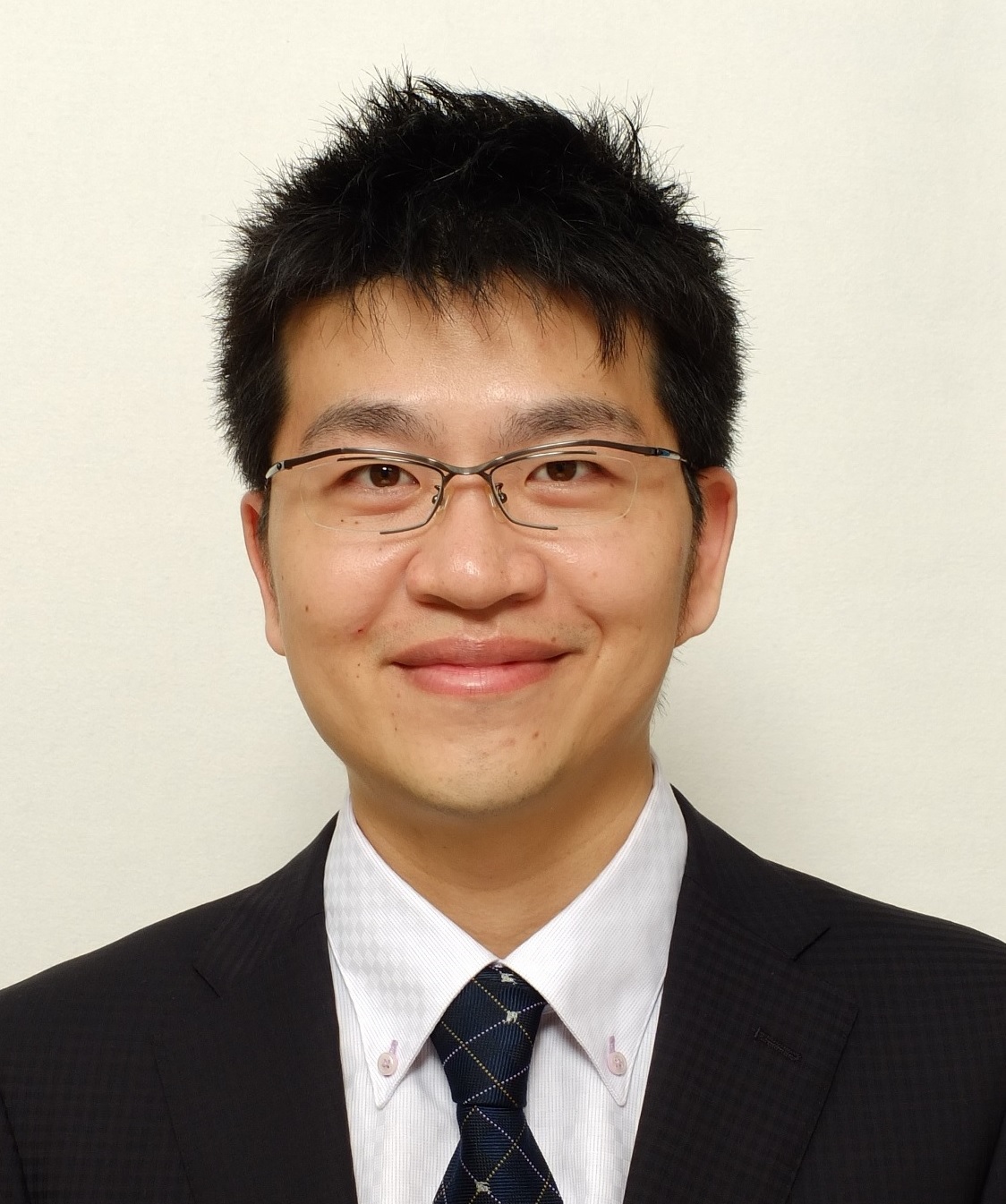
Prof. Mianxiong Dong (Foreign Fellow
of EAJ)
Muroran Institute of Technology, Japan
Mianxiong Dong received B.S., M.S. and Ph.D. in Computer
Science and Engineering from The University of Aizu,
Japan. He is the Vice President and Professor of Muroran
Institute of Technology, Japan. He is the recipient of
The 12th IEEE ComSoc Asia-Pacific Young Researcher Award
2017, Funai Research Award 2018, NISTEP Researcher 2018
(one of only 11 people in Japan) in recognition of
significant contributions in science and technology, The
Young Scientists’ Award from MEXT in 2021,
SUEMATSU-Yasuharu Award from IEICE in 2021, IEEE TCSC
Middle Career Award in 2021. He is Clarivate Analytics
2019, 2021, 2022, 2023, 2025 Highly Cited Researcher
(Web of Science) and Fellow of AAIA, Member of NAAI,
Foreign Fellow of EAJ.
Invited Speaker I
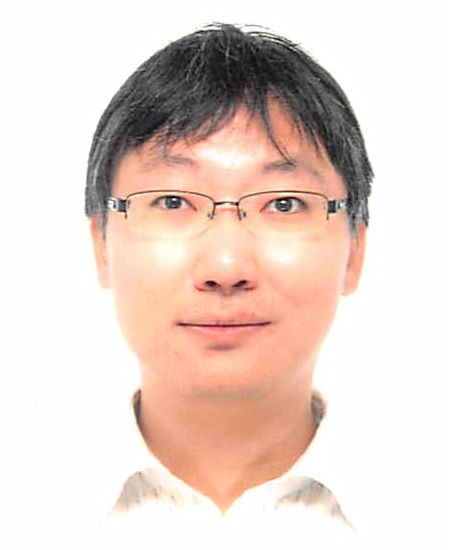
Assoc. Prof. Jiyi Li
Hokkaido University, Japan
Jiyi Li received the Ph.D. degree from the Graduate
School of Informatics, Kyoto University, Japan. He is
currently an Associate Professor with the Graduate
School of Information Science and Technology, Hokkaido
University, Japan. His research interests include
crowdsourcing and human computation, data mining,
natural language processing, data engineering, and
multimedia. He has published more than 90 papers in
major international conferences and journals including
AAAI, IJCAI, WWW, SIGIR, ACL, EMNLP, MM, CIKM and
ICASSP. He received the 19th DBSJ Kambayashi Young
Researcher Award from the Database Society of Japan.
Invited Speaker II
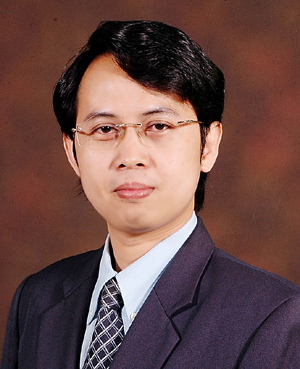
Associate Professor Anirut Satiman
Silpakorn University, Bangkok, Thailand
Anirut Satiman is Associate Professor of Educational
Technology, Department of Educational Technology,
Faculty of Education, Silpakorn University, Bangkok,
Thailand.
He received a bachelor of education B.Ed. in Educational
Technology from the Faculty of Education, Naresuan
University, Thailand, in 1996, and a master of education
M.Ed. in Educational Technology from the Faculty of
Education, Srinakharinwirot University, Bangkok,
Thailand, in 1999. He received a doctorate degree of
education (Ed.D.) in Educational Technology from
Srinakharinwirot University, Bangkok, Thailand, in
2007. He received a certificate (e-learning) from IACE
Busan National University, South Korea (2009) and
received a Visiting Scholarship on Instructional
Technology, e-Learning, and ICT for Education at the
School of Education, San Jose State University,
California, USA. (2006)
From 2002 to 2024, he worked at Silpakorn University.
His administrative experience: Program Chair, Ph.D.
Program in Educational Technology, Faculty of Education,
Silpakorn University (2021–present). Vice President,
Thailand Association of Educational Communications and
Technology (ThaiAECT), https://thaiaect.org
(2019–present). Committee of Thailand Cyber University
Project (TCU) and Thai MOOCs Ministry of Higher
Education Science Research and Innovation
(2005–present). Committee Professional and
Organizational Development Network of Thailand Higher
Education (Thailand POD): http://www.thailandpod.org
(20018–present).
His research interests center on computers for
education, ICT for education, online education, MOOCs,
e-learning, technology of education, and knowledge
management (KM).
Invited Speaker III
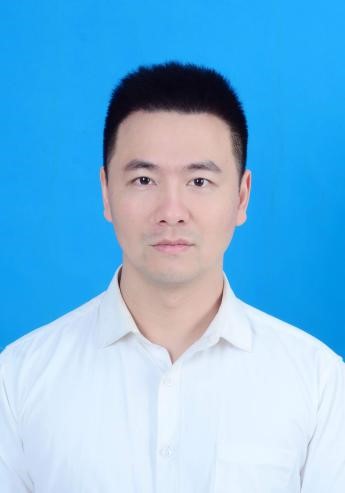
Assistant Professor Dr. Guoming Wang
Zhejiang University, China
Dr. Wang is an Assistant Professor at Zhejiang
University, specializing in multimodal intelligence,
privacy-preserving machine learning, and AI-driven
healthcare applications. He earned his Ph.D. in 2020
from Nanyang Technological University (Singapore), where
his doctoral research focused on advanced privacy
technologies, including cryptographic protocols,
differential privacy, homomorphic encryption, and their
implementation in secure electronic medical systems.
Since joining Zhejiang University in 2020, Dr. Wang has
pioneered research in multimodal machine learning and
retrieval-augmented large language models, with an
emphasis on enhancing AI reasoning capabilities. His
academic excellence is reflected in over 20 publications
at top-tier venues such as CVPR, AAAI, ACM Multimedia
(ACM MM), COLING, and IEEE Global Communications
Conference (GLOBECOM), and his recent recognition as an
Industry Expert at ACM MM 2024.
Translating Research into Impact:
Dr. Wang leads AI-driven medical initiatives that bridge
cutting-edge technology with clinical practice:
*Developed an AI-powered healthcare system adopted by
20+ hospitals.
*Designed intelligent platforms enabling 20+ physicians
to advance research in disease prediction for complex
conditions including migraine, pancreatic cancer,
cardiovascular disorders, pulmonary infections, and
diabetic nephropathy through multimodal learning.
His work exemplifies a commitment to advancing both
theoretical frontiers of machine learning and their
transformative applications in global healthcare.












